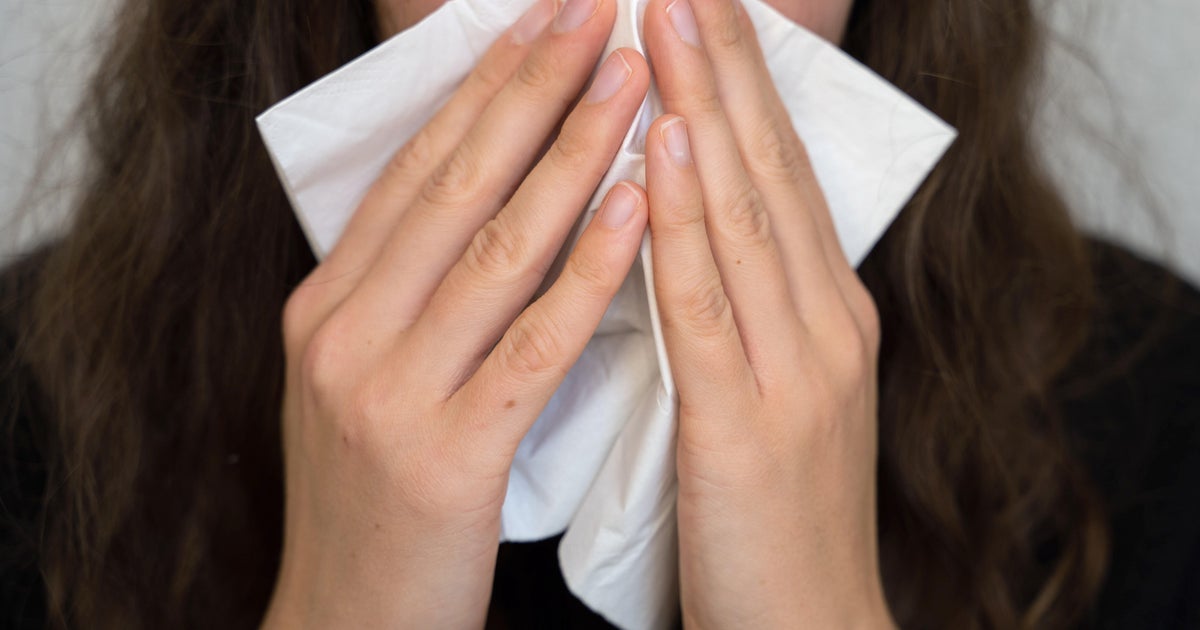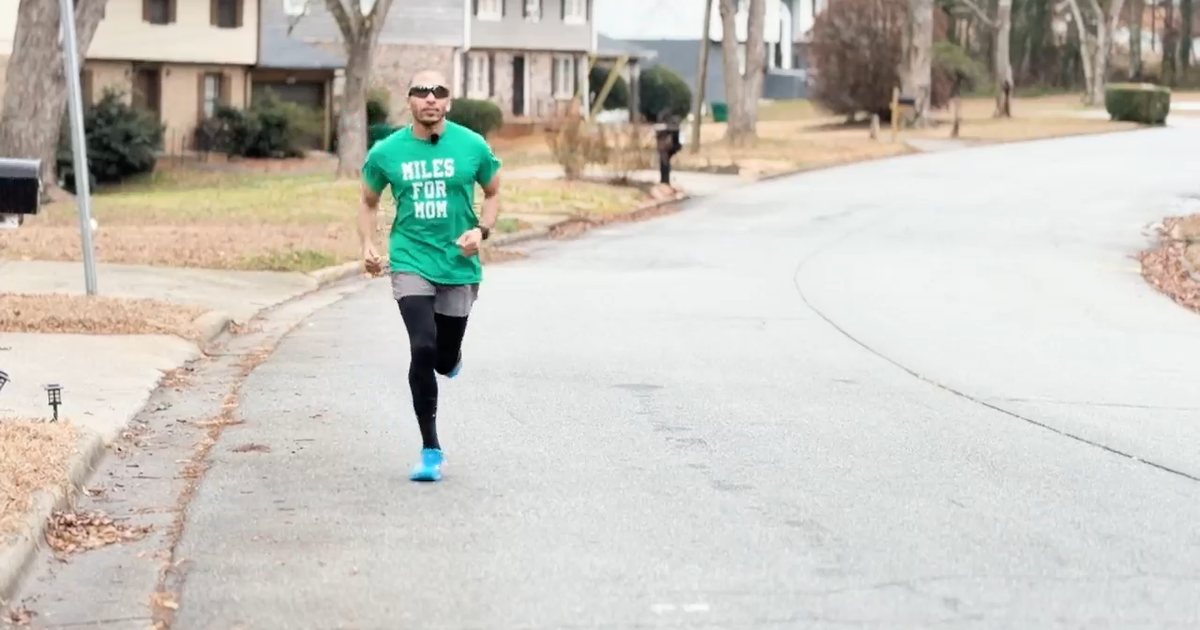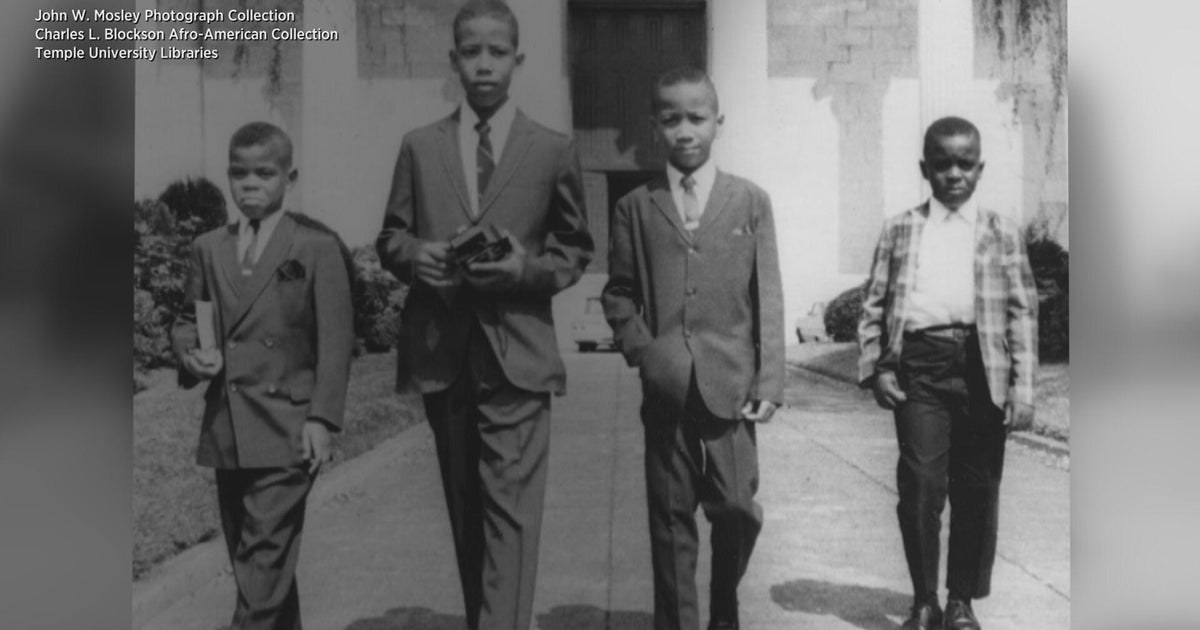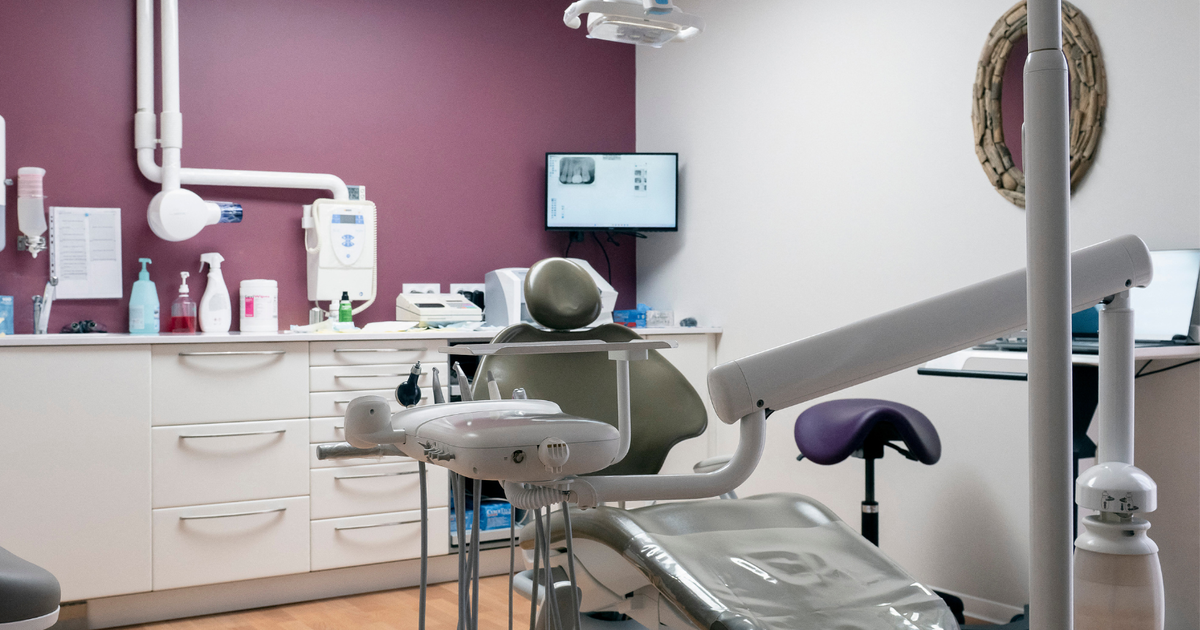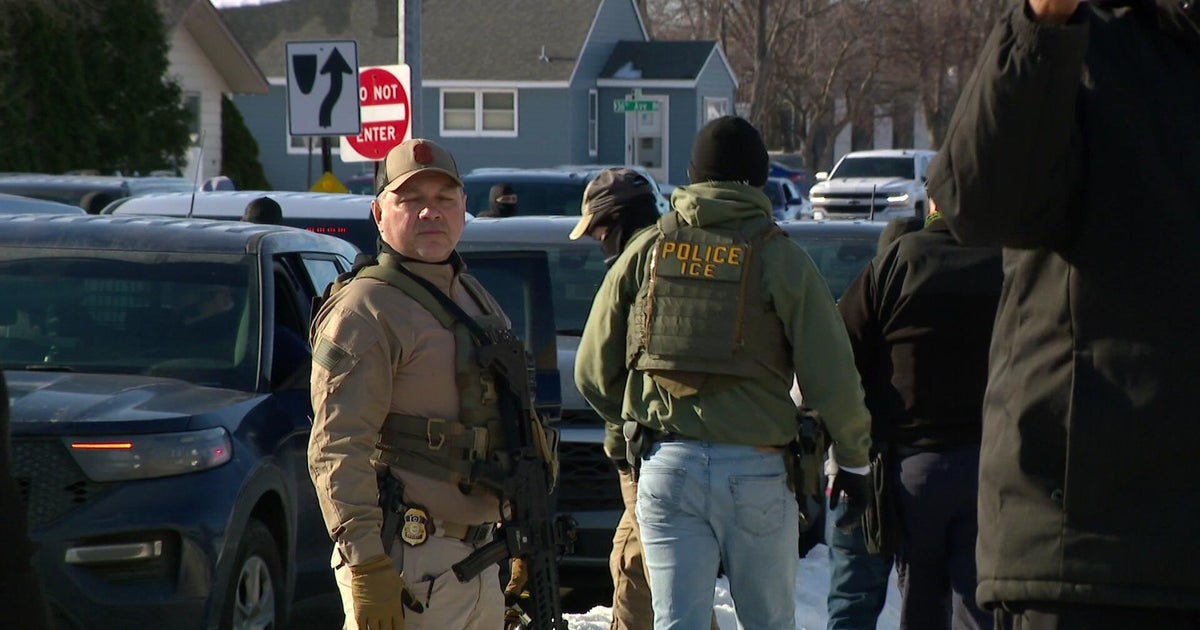COVID 1 Year: 'Long Haulers' Still On Long Road To Recovery, 'A Complete Lifestyle Change'
TEANECK, N.J. (CBSNewYork) -- For some, the fight against COVID-19 symptoms doesn't end when the virus leaves their body.
The government is now on a mission to learn more about the mysterious issues plaguing so-called "COVID long-haulers."
Several of them opened up to CBS2's Jessica Layton about their struggles.
A brand new home studio was a dream come true for fitness instructor Pam Newman. The idea was born while she was sick in bed with coronavirus almost a year ago.
FLASHBACK: COVID Long Haulers Still Suffering Long-Term Effects Of Virus Months Later
The wife and mother of three from Teaneck was one of the first confirmed patients in New Jersey.
"I had the fever for 31 days," Newman told Layton.
Doing cardio after recovering from COVID, she noticed a discomfort in her chest. A full physical revealed a 40% blockage of her left main coronary artery, which wasn't there before she got sick.
"He said if I walked into an emergency room with a print-out of that EKG, they would crack me open and do open heart surgery," Newman said.
A YEAR IN THE PANDEMIC: REMEMBRANCE & RESILIENCE
- A Look Back On What's Been Lost And How Tri-State Has Persevered
- Timeline Of Virus' Swift Impact Across The Globe
- Long Island Nurse Who Documented Painful Journey Warns Fight Is Not Over
- Essential Workers Risk Their Own Safety To Keep Supplies And Services Running
- Area School Districts Continue To Make Best Of Tough Situation, Always With Eyes On The Future
- Daughter Looks To Carry On Father's Legacy At Arthur Avenue Restaurant
- Unemployment Forced Many In Our Area To Reinvent Themselves, And Gain Perspective Along The Way
- Food Insecurity Grows Throughout Tri-State Communities, 'The Face Of Hunger Has Changed'
- The Sports World Stopped, But Hope And Progress Are Beginning To Win The Days
- 'Long Haulers' Still On Long Road To Recovery, 'A Complete Lifestyle Change'
- Vaccines Offer Shot Of Hope, Despite Ongoing Distribution Struggles
Eleven months later, during intense workouts, the pain persists.
"So why do I have pain? And what was the answers? Long haulers, don't know. There's so many unknowns," said Newman. "So it's really scary still."
A recent study published by the Journal of the American Medical Association found about 30% of COVID-19 patients reported persistent symptoms as long as nine months after illness, including debilitating fatigue, shortness of breath, brain fog, continued lack of taste and smell, gastrointestinal, kidney and heart issues.
"The virus probably set off some kind of immune reaction, probably immune reaction to your own tissues, and in some individuals it manifests itself one way and in others another," Dr. Laurie Jacobs, of Hackensack University Medical Center, told Layton.
COVID VACCINE
- New York State book online here or call 1-833-NYS-4-VAX
- New York City book online here or call 877-VAX-4NYC
- Track NYC Vaccinations By Zip Code
- Nassau County more info here
- Suffolk County more info here
- Westchester County more info here
- New Jersey book online here or call 1-855-568-0545
- Connecticut book online here
Why it attacks certain people and how to prevent it remain a medical mystery.
"I think that was really the frustrating part -- I felt really alone," said Darlene Tejeiro, of West New York, New Jersey.
Tejeiro is thrilled the National Institutes of Health has committed $1 billion to study why so many survivors experience long term symptoms as part of the syndrome now scientifically called PASC, or Post Acute Sequelae of COVID-19.
"We're struggling, we're suffering. This is very, very real," Tejeiro said.
There's no telling how long it will impact their lives.
"You can't describe the fatigue," Margaret Fleming-Keane, of New Milford, said. "I can't walk down the block and back... So this is a complete lifestyle change for me."
Fleming-Keane is a nurse who's just back to working part time after getting sick in the fall. She believes until we have more answers, attitude is important.
"Don't be hard on yourself. Be mindful of yourself," she said.
Staying positive, knowing when you consider the scope of the crisis, they are the lucky ones.
"I'm so thankful. I could have been so much worse, so much worse," said Newman.
CBS2's Jessica Layton contributed to this report.
